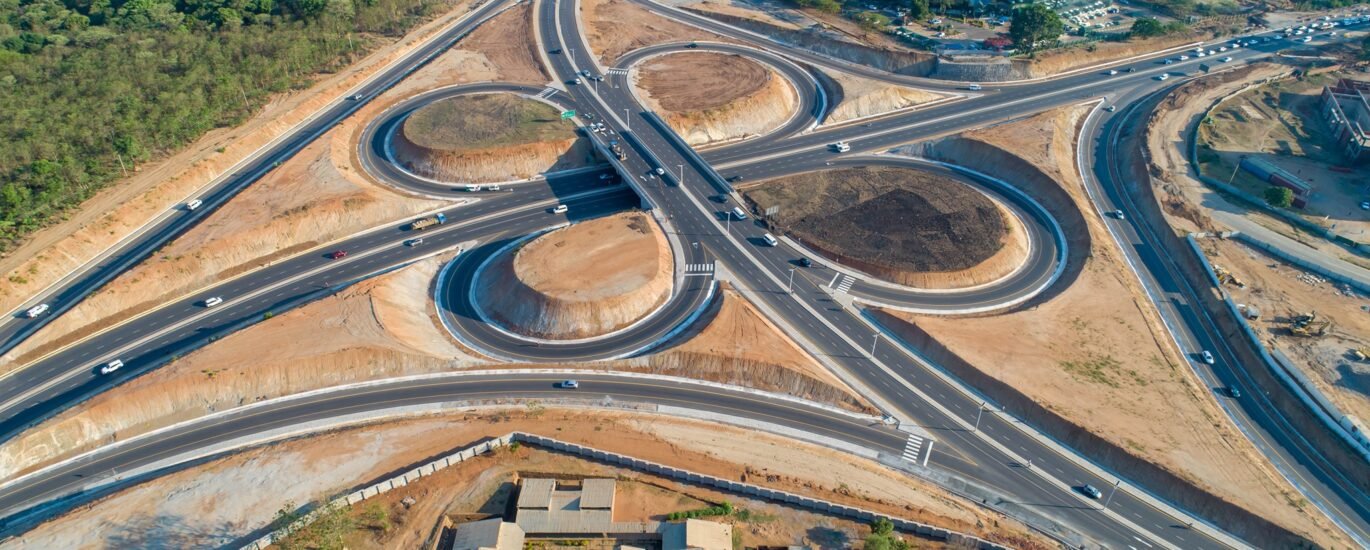


I was walking around my kitchen, and it hit me: it would be really fun, as an entrepreneur, to run not just a business, but a whole country. Then, I thought of my country, Malawi, as a business, and immediately cringed at the idea of running Malawi as a business.
This thought stopped in my tracks: “If Malawi were a business, it would’ve had to file for bankruptcy a long time ago.”
That thought startled me a little. But I sat with it.
Because I wasn’t just speaking from a place of frustration — I was thinking as someone who has built, broken, and rebuilt multiple organizations.
As someone who has raised capital. As someone who has studied finance, entrepreneurship, systems, and policy — and lived in enough global rooms to notice when a country is falling behind. Malawi isn’t just failing in the way we often say African countries are “behind.” I mean failing in the way a business that has failed to innovate, attract investment, or create value for its stakeholders eventually collapses.
And the thing is… I don’t say this lightly.
I love Malawi deeply. It’s the country that raised me. It’s the red dot I speak of often — defiant, charming, resilient. But also: It’s a business that hasn’t made sense for a while.
When Malawi transitioned to democracy in 1994, we entered a new era with the kind of hopeful idealism that most post-authoritarian states do. The Banda era was over. The country was finally ours to build. But very early in our democracy, we ran headfirst into the reality of fiscal mismanagement. Reports from the IMF at the time show that just a year into democratic governance, Malawi’s financial situation had deteriorated rapidly — ballooning deficits, runaway expenditure, and a tax base that was struggling to keep up.
In business terms: the company changed CEOs and rebranded, but the balance sheet was still a mess.
Since then, the fundamentals haven’t changed much. Malawi still depends on rain-fed agriculture. Over 80% of our population works the land — which means our GDP, our inflation, our stability, our exports — all hinge on the climate.
We’ve never diversified. And so when climate shocks hit, we crumble. The World Bank notes this every time they publish an economic monitor on us. Year after year, we’re vulnerable to shocks. And it’s not because we’re unlucky. It’s because we never built resilience into our model.
Imagine if a company had one customer, and that customer stopped paying. That’s us.
And yet, we keep operating.
Every business has a governance structure. Ours, in Malawi, has consistently rewarded rent-seeking over performance. I say this as someone who’s worked both in the public sector and with development partners — the systems that should incentivize results often don’t. Power is used for survival, not service. And those who dare to challenge it often get buried under bureaucracy, tribal politics, or silence.
And yet we wonder why the people don’t believe in the country’s growth.
More recently, Malawi’s public finances have spiraled again. We’ve defaulted. The Kwacha has been devalued — twice. Inflation is rising. Donor support is fading. And even the programs that used to sustain the illusion of “progress” are now riddled with debt and donor fatigue.
From where I sit — as someone building systems for Africa’s future — it’s hard not to notice just how little the model makes sense anymore.
Because I believe in Malawi. Because I love it. But also because — I realize — I’ve been writing my political manifesto in real time.
I’m a systems builder. I’ve built organizations like Bien Corp and Kwathu Kollective, and I’ve advised policymakers and development agencies. I’ve studied entrepreneurship at a master’s level and pursued an MBA in business development and innovation. I’ve sat in donor rooms and on grassroots panels. And every piece of work I do — from digital skills training to evaluating SDG progress at the UN — ties back to one question:
What does it take to build a viable, resilient system in Africa?
And if we treat Malawi like a business — what would it take to turn it around?
I’ve come to believe it would take someone audacious. Someone not afraid of failure. Someone who doesn’t just know the programs but knows the people. Someone who’s worked both ends of the system — from the ground up and the top down. And someone mad enough to believe that it’s not too late.
Because let’s be honest: rational people don’t want to take on failing businesses. Let alone run them. That’s why our best minds leave. That’s why the smartest graduates don’t apply to government jobs. That’s why running for president — for someone like me — has always felt ridiculous.
And yet…
And yet I think about it.
And that’s how I know — passion alone won’t do it.
It’s going to take passion and delusion.
And I may just have enough of both.
A Potential Future CEO of a Bankrupt Economy,
Ntha